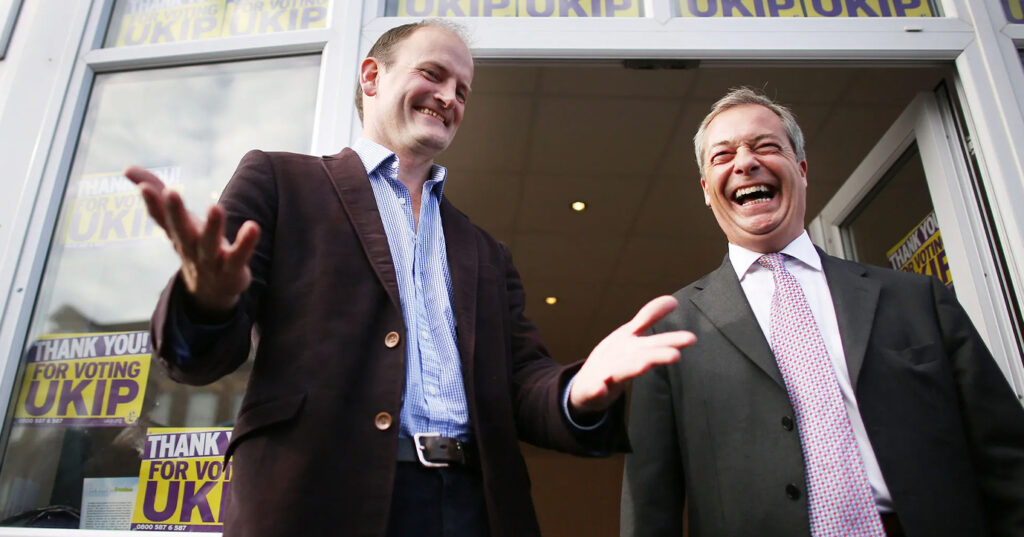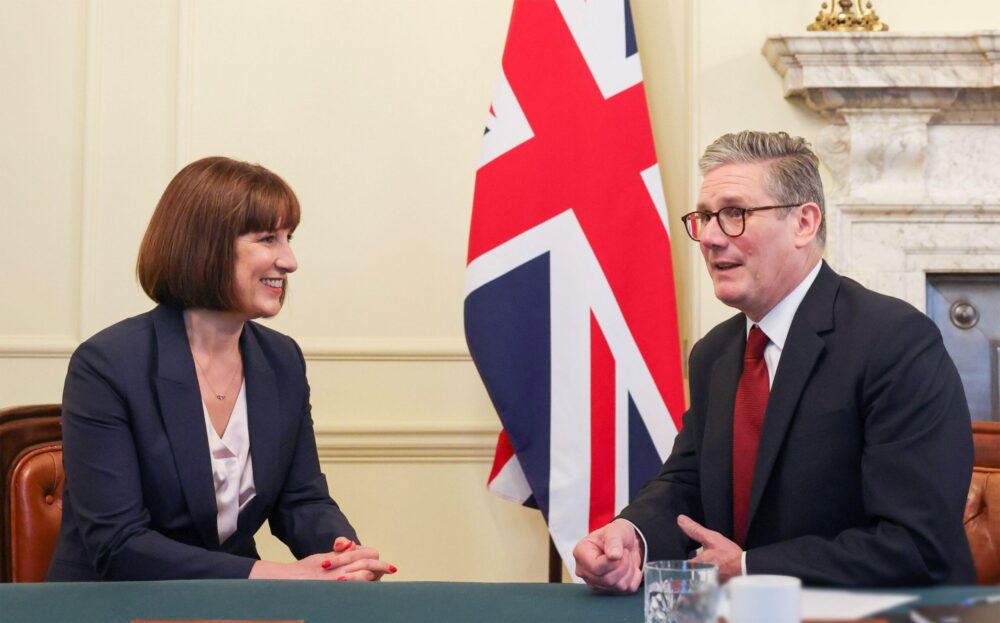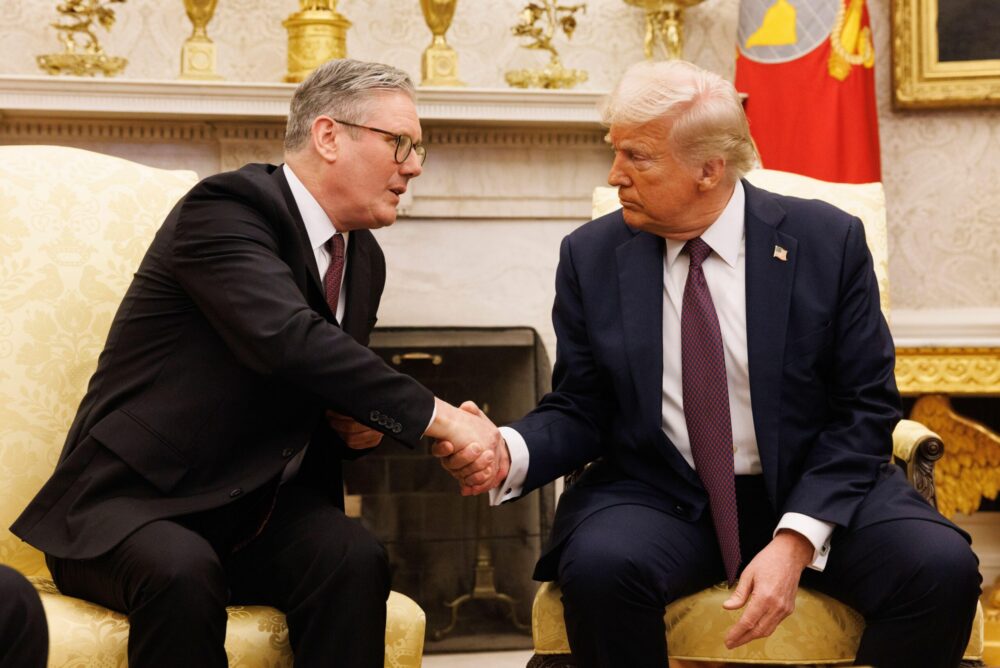
Once again Ukip has seized the political agenda and left the older parties flailing for a response. Douglas Carswell’s spectacular victory in Clacton was at least expected — but Ukip’s quiet insurgency in Heywood and Middleton has shocked the political establishment. If it can come close to snatching a safe seat from under Labour’s nose, where else could it strike?
My own regular national poll — as well as the daily YouGov polls published in The Sun — put the Tories tantalisingly ahead last week. But when it comes to the fundamentals, how much has really changed over the conference season? In my latest poll I asked more than 5,000 people what, if anything, they had heard about the Tories in the past few weeks. The biggest group, 30 per cent, had registered nothing at all. One in five had noticed they had held a conference — though often no more than that — and 15 per cent recalled them talking about tax cuts.
For Labour, the results are more depressing. Four in ten had noticed nothing, one in five had clocked the conference but nearly 15 per cent remembered that Ed Miliband had forgotten part of his speech — more than three times the number who remembered his party talking about the NHS.
Despite the vision the PM set out, I found people were no more optimistic about their personal fortunes than they were last month. Just 16 per cent said they were already benefiting from an economic recovery, compared to 15 per cent when I asked the same question in mid-September. Meanwhile 43 per cent said they had not seen any benefits yet but expect to at some point, while 41 per cent said they were not feeling any benefits and did not expect to — all but unchanged from the 40 per cent who said the same before the conferences began.
And although close observers agree Cameron had a good conference and Miliband a bad one, I found people’s preference of PM was completely unchanged since before the whole jamboree started. Just under three in ten — 29 per cent — said they were satisfied with the job Cameron is doing, and another third — 34 per cent — said they were dissatisfied but would rather have him as PM than the alternative. Only 37 per cent said they would rather see Miliband in Number 10.
I also found that while people will vote Conservative because of the PM, Labour voters often support their party DESPITE its leader. Nearly half of Labour voters said they would rather have Labour in government, even if it means Miliband becoming PM. Only one in 20 said he was the main attraction.
In the eyes of the voters, the last few weeks have reinforced the parties’ strengths and weaknesses rather than changed anything. The Conservatives have bigger leads than last month on being “willing to take tough decisions long term”, being “competent” and “clear about what they stand for”. But when it comes to being “on the side of people like me” — the Tories’ traditional weakness — they trail Labour by 14 points, compared to eight points in September.
There is a similar story when it comes to policies and issues. The Tories extended still further their big leads on cutting the deficit, reforming welfare and controlling immigration, and their smaller advantages on getting the economy growing and introducing practical policies that will work in the long run. Labour remain the most trusted when it comes to tackling the cost of living and — by a 24-point margin — improving the NHS.
With seven months to go, each party’s challenge remains. The Tories must show how everyone can benefit from the recovery they promise, Labour has to reassure people it would not go back to square one on the economy and Miliband is up to the job. The Lib Dems must convince voters they offer something unique.
Meanwhile, Ukip will be plotting to detonate more Clacton-like explosions in the marginal seats that will decide who walks up Downing Street next May.
This article originally appeared in The Sun on Sunday


